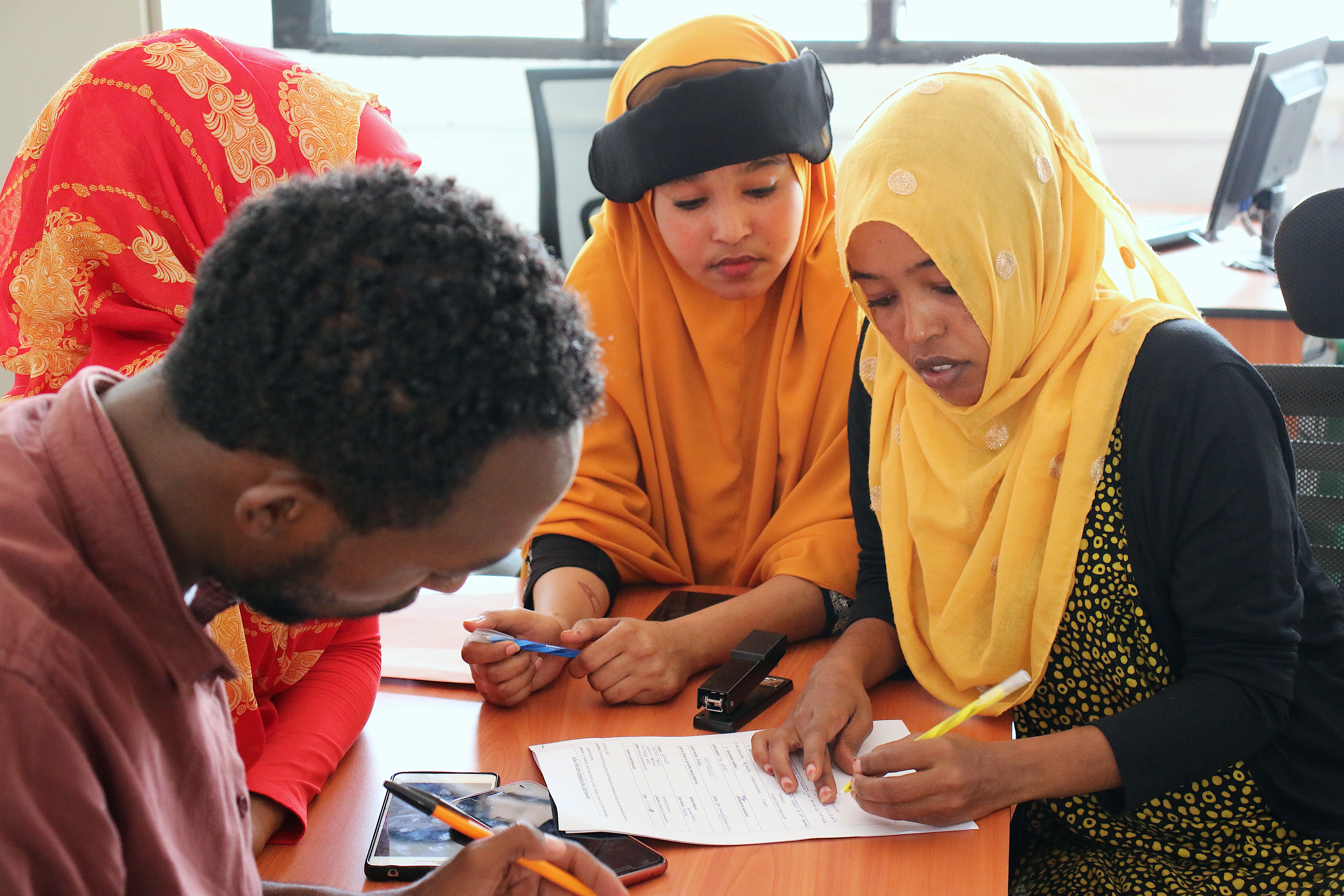The DEPP Innovation Labs programme was a two and a half year initiative from 2016-2019 that supported the creation of four community-centred innovation labs in disaster-affected countries (Bangladesh, Jordan, Kenya and the Philippines) to strengthen disaster preparedness and response.
The labs followed a human-centered design process and offered skills training, business mentoring, financial support, and the necessary infrastructure to turn local ideas into viable, scalable solutions. One hundred local innovators were supported during the programme, their ideas covering a broad range of areas such as early warning communication systems, disaster awareness education tools, protective flood barriers.
Between 2020 and 2021, Start Network followed up on the progress made by some locally-led humanitarian innovations after the end of the DEPP Innovation Labs. Fourteen local innovators were interviewed and shared their perceptions and thoughts on their solution’s journey after the end of the programme.
The interviews had important insights on the sustainability of their projects, potential impact on communities, further support required, and general feedback on the whole support provided by the DEPP Innovation Labs. Our main findings revealed that most of the innovations of those interviewed had continued, grown and/or changed after the end of the programme and benefited their communities. Most innovators also reported to be satisfied with the support received by the DEPP Innovation Labs, although they all suggested they would have welcomed more time and support. The research also reported that the key elements to facilitate innovations to continue were the ability to continue adapting and testing, incorporating feedback and improve their product; motivation and passion to respond to a clearly identified problem; and opportunity of receiving additional funding and grants.
Such findings confirm that it is crucial to continue investing in locally-led approaches to improve the relevance and effectiveness of humanitarian action and to understand how we can support local communities to meet their self-identified needs. More research is in fact needed on what source and type of additional funding might be most appropriate to promote independence and sustainability of innovators. Further work and and evidence are also suggested to better understand what the barriers on business support to innovators are, and how lab staff and innovators themselves could overcome them.
Community-led humanitarian innovation is a critical need as the sector responds to ever increasing requirements for humanitarian assistance and challenges. Learning from the experience of the DEPP Innovation Labs, Start Network will continue to invest in community-led innovation approaches that focuses on facilitating local problem definition and the development of appropriate local solutions by crisis affected people.

